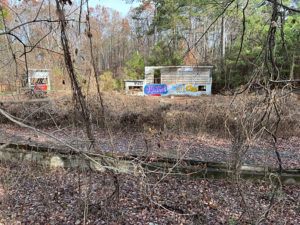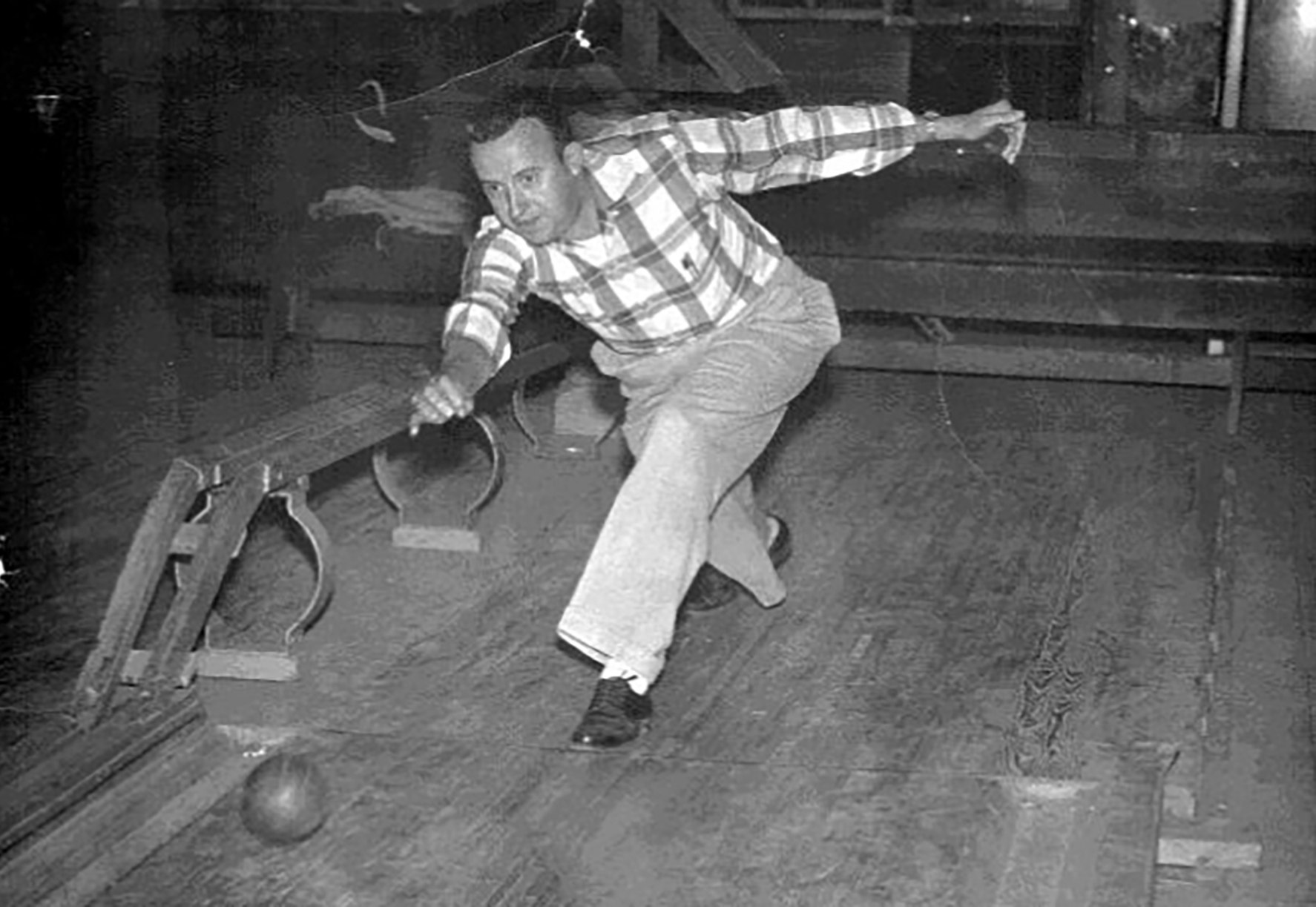The phrase “live, work and play community” is a modern-day creation. In recent years, the phrase has evolved to include “worship” as a component of the important concepts that contribute toward a sense of community.
Sugar Hill, throughout its history as a community, has had an abundance of all four concepts. Out of the four pillars that hold up a community, “play” is often the most downplayed. Play is, however, equally important in comparison to the other three. Play can include parks, gymnasiums, greenways and the sports-focused activities that are common at outdoor or indoor venues, but it can also include places of social activity and even games like bowling or radio-controlled car racing.
Sugar Hill was once home to the Duck Pins Bowling Alley and the RC Sugar Bowl Speedway — both places created opportunities for residents to gather and play as a community and are an interesting part of Sugar Hill’s history.
After World War II and the economic boon that began to occur in the late 1940s and early 1950s, Gladston Bailey built and owned Duck Pins Bowling Alley. Venues like the Alley catered to a population with an increasing amount of disposable income. Duckpin bowling is like regular bowling, but the ball and pins are smaller. The ball has no finger holes, unlike a regular bowling ball. The fact that the ball is made of wood, and that the pins are smaller, makes the game more difficult than regular bowling. In duckpin bowling, each player gets three rolls per frame since it is harder to get a strike. Gladston opened Duck Pins Bowling Alley in 1949 with only four lanes. On Fridays and Saturdays, the Alley was open from 4 in the afternoon until midnight for locals to play duckpin bowling. Each lane was manned by a boy who sat at the back of his assigned lane. The pins were manually reset after each throw, and the ball was returned to each thrower. Circles painted on the lane floor indicated the placement of each pin. The boys working at the Alley could be paid as much as 5 cents per full set, according to Curtis Westbrooks, who worked at the establishment in 1954. Duck Pins Bowling Alley had several owners between its opening and closure in 1967, and many residents still have fond memories of playing the game with family and friends.

In 1989, Gladston’s son and daughter-in-law, Shelley and Jan Bailey, opened the RC Sugar Bowl Speedway near the corner of West Broad Street and Cumming Highway. On three different tracks, patrons could race radio-controlled cars. Shelley and Jan constructed an Indy 500, a Daytona and an offroad track — each with a unique design. Radio-controlled race cars are scaled-down models of cars that are controlled remotely by a hand-held device. Shelley, on the site of the Speedway, also operated a store that sold radio-controlled cars and related products. Although not as culturally relevant today, radio-controlled car racing is still popular among hobbyists. The RC Sugar Bowl Speedway closed in 2003, 10 years after hosting a world championship for radio-controlled race cars. The tracks still exist in the woods off Cumming Highway, but the site is overgrown after nearly 20 years of closure.
There are many things that contribute toward and build a sense of community. The Baileys have been an integral part of our community for all our history since Sugar Hill officially became a city in 1939. Even though Duck Pins Bowling Alley and the RC Sugar Bowl Speedway do not exist in modern times, play is still an important part of the social fabric that holds our community together. The stories that we tell and the memories that we share about the people and places in our past are an important part of preserving our history and educating our youth about the importance of community.
Brandon Hembree is mayor of Sugar Hill. He is a 20-year resident of the city, and he uses his interest in history to detail Sugar Hill’s rich past.
FEATURED PHOTO: Louis Grizzle plays at Duck Pins Bowling Alley in Sugar Hill. The business was open from 1949 to 1967. Photo courtesy of Brandon Hembree.




